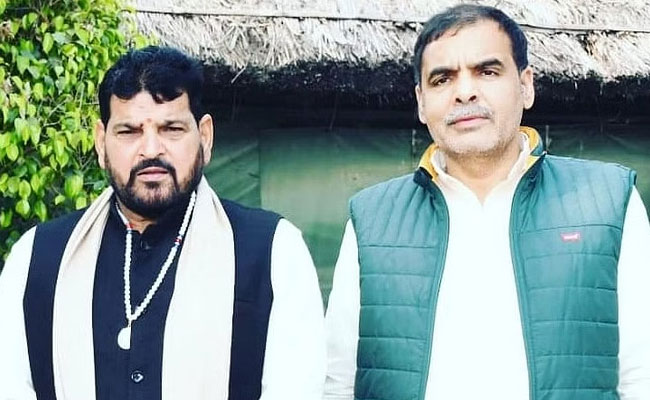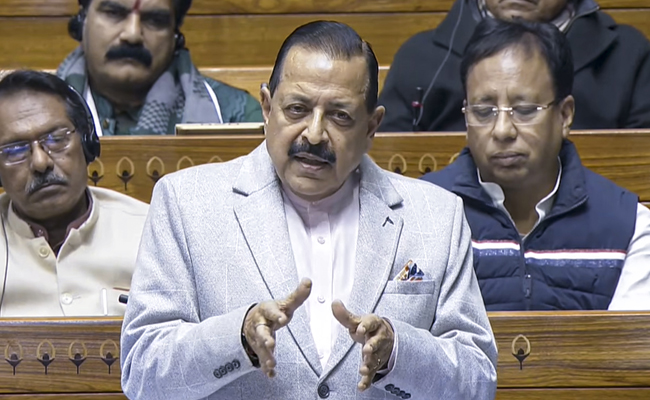New Delhi (PTI): Sanjay Singh on Thursday became the new President of the Wrestling Federation of India (WFI) with his panel comfortably winning most of the posts in the delayed polls as outgoing chief Brij Bhushan Sharan Singh gained indirect control over the sports body.
Sanjay, who is UP Wrestling Association Vice President, secured 40 votes as against seven that his rival Anita Sheoran got.
The CWG gold medallist panel though managed to win the post of secretary general as Prem Chand Lochab beat Darshan Lal.
The outcome of the polls would give top wrestlers Bajrang Punia, Vinesh Phogat and Sakshi Malik the feeling that their protest against Brij Bhushan has come to naught as they could not get the fraternity behind them despite aggressively pushing for a change of guard. A close associate of the BJP MP is now at the helm.
They had accused Brij Bhushan of sexually harassing women wrestlers, including juniors, and managed to mobilise huge support from different sections of society but the protest fizzled out the day they planned a march towards new Parliament building on May 28 when Delhi police removed all the protesters from Jantar Mantar for rioting.
The wrestlers had officially called off their protest on June 7 when Sports Minister
Anurag Thakur assured them that none of the family members or close associates of Brij Bhushan will be allowed to enter the WFI election fray.
RSS-affiliate Sanjay hails from Varanasi and is a very close associate of Brij Bhushan. Given the tremendous interest the outgoing chief has in the sport, it is expected that Sanjay will consult him in policy decisions.
Stage set for lifting UWW ban on WFI
The election of the new executive council will also pave the way for lifting the UWW ban on WFI. The world governing body of the game had banned WFI for not conducting election on time, forcing Indian wrestlers to compete as neutral athletes at the 2023 World Championships.
The election process was set in motion in July but was delayed because of court cases. The Supreme Court recently set aside the stay imposed by the Punjab and Haryana High Court, paving the way for the process to elect the new WFI governing body.
Let the Truth be known. If you read VB and like VB, please be a VB Supporter and Help us deliver the Truth to one and all.
New Delhi (PTI): Lok Sabha on Wednesday passed the nuclear energy bill with Union minister Jitendra Singh asserting that it would help India achieve its target of 100 GW atomic energy generation by 2047.
The Sustainable Harnessing and Advancement of Nuclear Energy for Transforming India (SHANTI) Bill, which seeks to open the tightly-controlled civil nuclear sector for private participation, was passed by voice vote amid a walkout by the opposition.
Singh termed the bill a "milestone legislation" that will give a new direction to the country's developmental journey.
"India's role in geopolitics is increasing. If we have to be a global player, we have to follow global benchmarks and global strategies. The world is moving towards clean energy. We too have set a target of 100 GW of nuclear energy capacity by 2047," he said.
The opposition contended that the bill diluted provisions of the Civil Liability for Nuclear Damage Act, 2010 that passed on the liability for a nuclear incident on to the suppliers of nuclear equipment.





